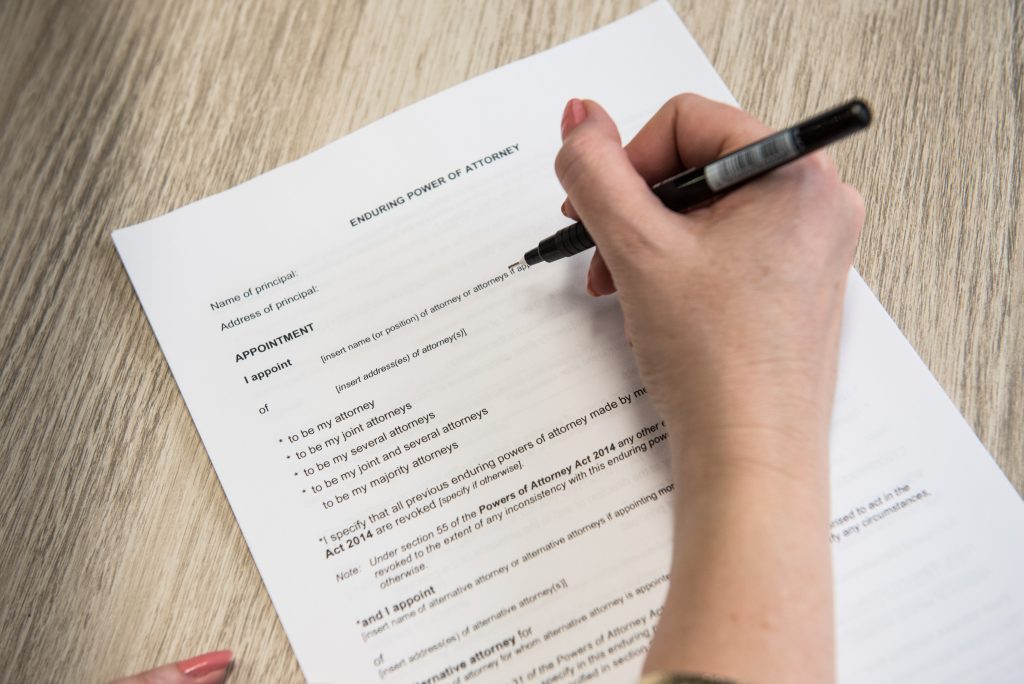Are your affairs in order?

Assuming Australia is past the worst of the Covid-19 crisis, as numbers of newly infected people continue to fall, it is still a pertinent question to ask: are your affairs in order?
Now doesn’t necessarily seem like the right time to be having this discussion, but is there ever a right time? Perhaps the fact that we all have so much time on our hands at home, means that it is the right time.
We have seen a surge of people wanting to update their wills or indeed put them into place since the Covid-19 crisis started.
In Australia, legislation differs in each state, so it is worth checking what is required where you live, but in Victoria, the options available to people include:
- a legally enforceable and valid will, which comes into effect after you have died;
- enduring powers of attorney, that can be made now, and will come into effect when or if you lose capacity; and
- advance care directives or advance care plans, which can be put into place now but have to be about a pre-existing condition or about your values generally. These documents can guide your carers closer to the end stages of life.
Wills
To be valid, wills must be signed by the person making the will in the presence of two lay witnesses. The witnesses cannot be a beneficiary or executor under the will. Executing a will in the presence of two witnesses sounds challenging in the current climate of social distancing, but there are ways to make it happen. You could try your local pharmacy, or your neighbours, providing appropriate distancing is practised.
Other than that, wills do not require anything overly formal. They must be dated and the witnesses must be satisfied that the person understands what they are signing and doesn’t do so under duress. If there is any doubt as to the person’s capacity to validly sign a will, then a doctor’s opinion should be sought to establish capacity. The person must be able to understand the nature and effect of what they are signing.
Wills once executed, should be kept in a place for safe-keeping, ideally not where you live (in case the house burns down). Someone should know where the original is kept.
We advise people to include the details of their life insurer and superannuation account and any other requisite details that will help an executor administer the estate after the death. We also encourage people to include any wishes they have about their funeral or burial, though these things are not necessary.
Enduring powers of attorney
In Victoria, there are two types of enduring powers of attorney a person can sign. Once is made under the Medical Treatment Planning and Decisions Act 2016and relates to medical decision-making decisions, once the person has lost capacity or is otherwise unable to make decisions relation to their medical care.
A general enduring power of attorney is also available in relation to financial and personal decisions. This document is governed by the Powers of Attorney Act 2014.
Advance care directives
Advance care directives can be binding and non-binding. A binding directive gives specific direction around how a medical condition should be treated, and make specific reference to the delivery of, or withholding of treatment, in specific circumstances.
A non-binding directive is more genera and values based, and would make a directive in a more general sense, for example, I do not want to be kept alive with artificial intervention.
Such documents need to be made in conjunction with a treating medical professional.
For Victorians, the requisite forms and fantastic guidance is available at the website for the Office of the Public Advocate: https://www2.health.vic.gov.au/hospitals-and-health-services/patient-care/end-of-life-care/advance-care-planning/acp-forms
